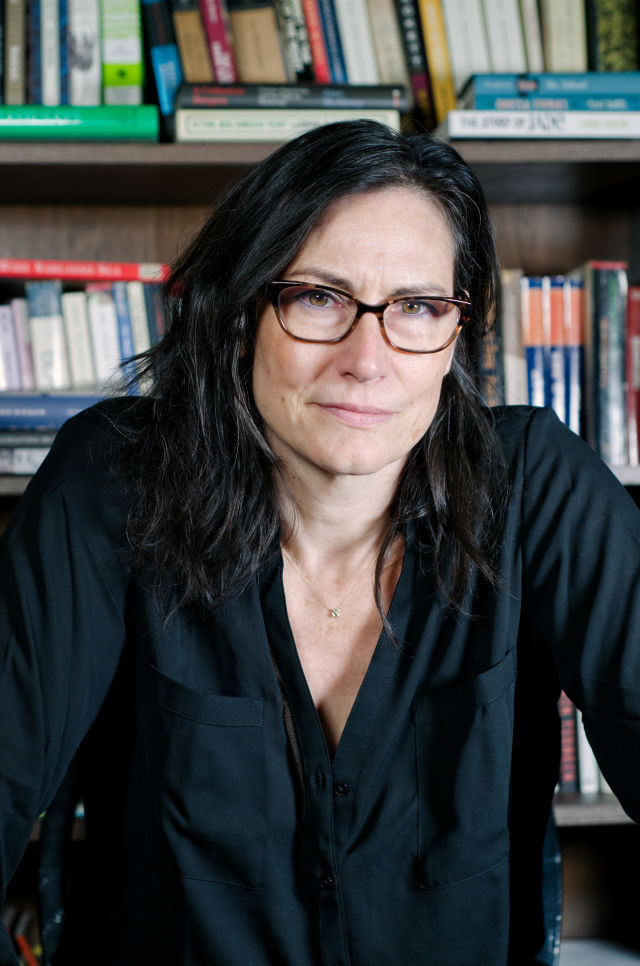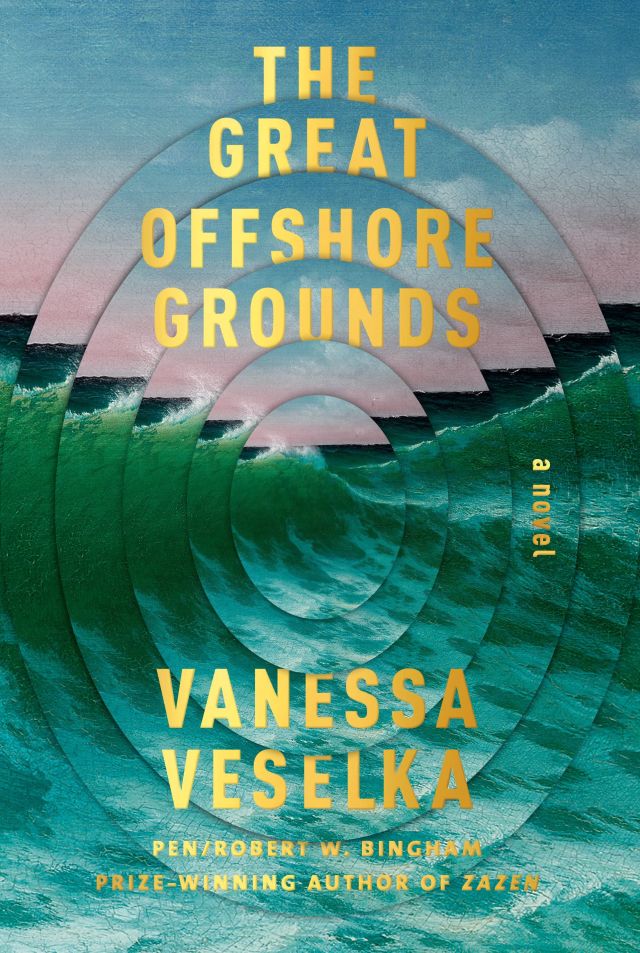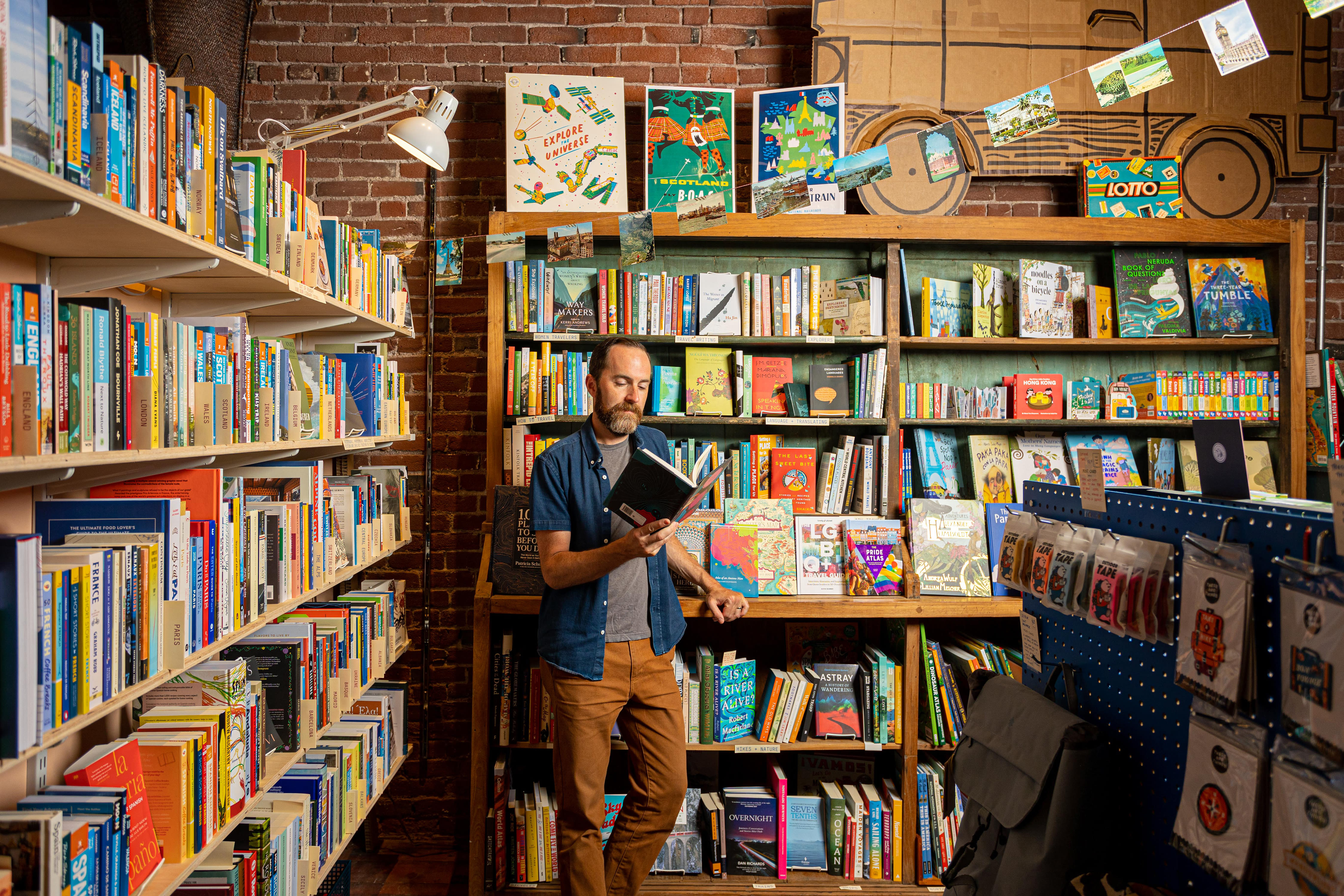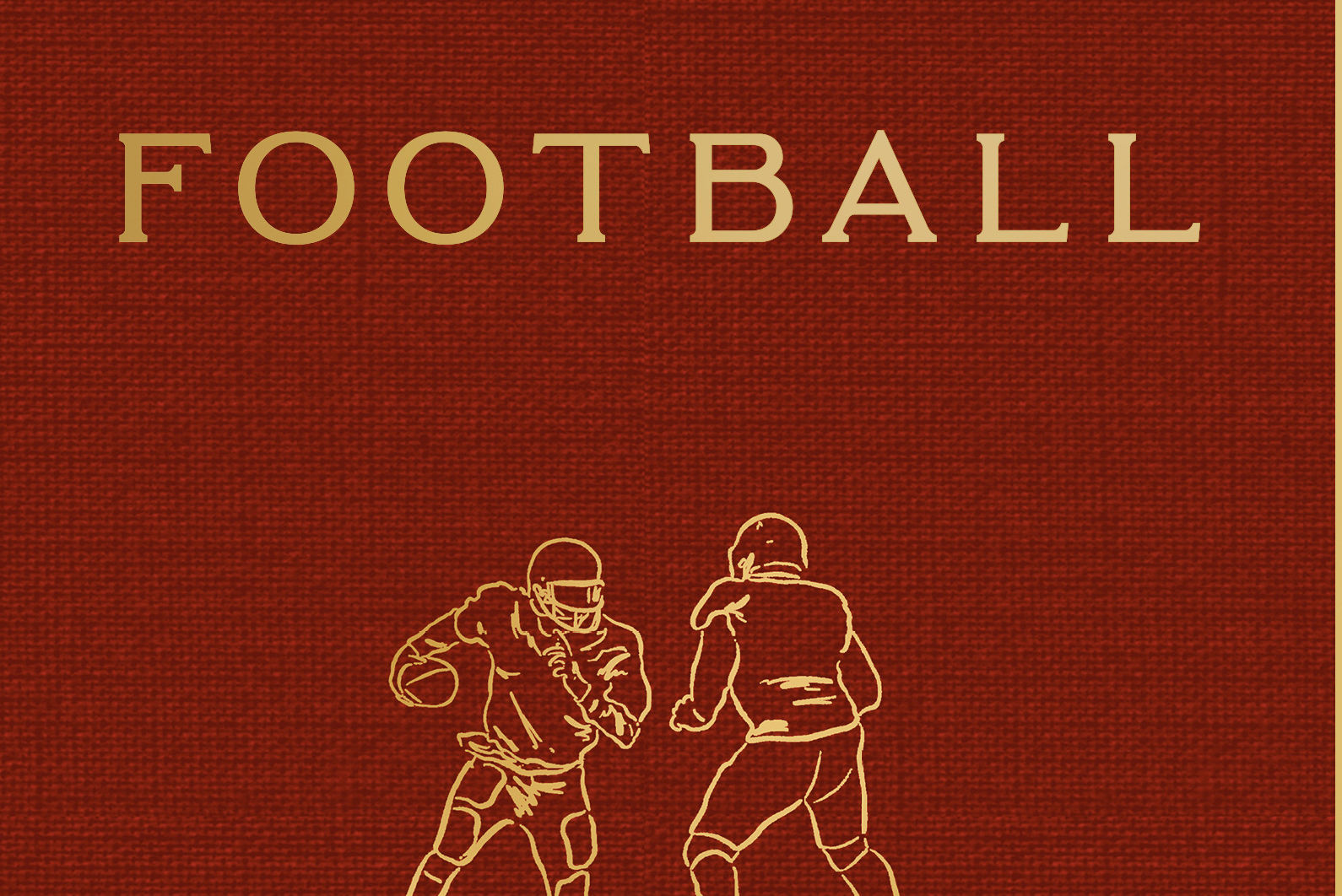Vanessa Veselka Writes the Reality of Poverty in America

Image: Courtesy Marne Lucas
Vanessa Veselka’s book jacket bio reads like the plotline for some kind of modern-day picaresque. “She has been, at various times, a teenage runaway, a sex worker, a union organizer, an independent record label owner, a train hopper, a waitress, and a mother.” The happy ending? Her new book, The Great Offshore Grounds, made it on to the coveted longlist for the 2020 National Book Award in Fiction—oh, and Roxane Gay is a fan. But it’s all the lived experience that comes before—the time she spent on food stamps, or hitchhiking to get around, or staying in squats—that lends this ranging, epic tale its clear-eyed vision. The Great Offshore Grounds is the story of three siblings and their disparate journeys through the grim and joyous landscapes (emotional and geographic) of America, and it's at once sweeping and grounded.
We spoke to the Portland writer—who appears at the 2020 Portland Book Festival on November 10—about reaching and failing and how success has rewritten her story.
It’s been nine years since your last book, Zazen, was published and I know you’ve said this book had a long gestation. Where did it begin?
I did know from the beginning that I had consciously taken on an idea that I was going to write something ambitious. I had decided I was willing to fail publicly and grandly and profoundly in the service of trying to get to something that’s really hard to get at. I remember consciously very early on saying when you reach for something—this is going to sound silly—if you’re in a tank top, reaching up, sometimes your bra shows. There’s an act of reaching that’s going to show things—a bit of your hip, a bit of your bra. I decided it was worth it. There’s going to be a jankiness to some of it. And I decided that was a worthwhile trade off. I took the peak experience approach to writing—90 percent terrible and 10 percent brilliant. I was willing to have many things that maybe don’t work or fall short of something I want, to be in the service of getting a glimpse of something I really wanted to write about.
It feels very grounded in an American reality that for many has fallen far short of the so-called dream.
These last eight years of writing have been in my experience a civic misery, and I’m someone who is asking all the time, does the American project work? Where are we at? What does it mean? How do you stand in some principled way in this moment? What do you owe to yourself and the community? How much do you get to keep? All of those things are always in my mind.... It's been a tough time. I’m somebody who has mental health struggles, and I want to be the person who is fearless and Teflon and unafraid, I want to be that person who can step into the breach and do all things, but I’m also the person who is more introverted than anyone could imagine, and the world hits me with so much sorrow and so much terror at its coldness sometimes.
How did it feel to make the National Book Award long list and find yourself acclaimed by so many?
It’s one of those great kindnesses to experience something like that. You feel the generosity of readers and the aloneness of the process melts away. That’s what makes it remarkable.... It's just incredibly wonderful and gratifying, in so many ways and very, very sweet. It changes the metric of how I view the story of making this novel.
Roxane Gay said it was “one of the rare novels that understands the realities of American poverty.”

One of my friends who’s a checker at Fred Meyer … single mom, couple of kids, $14 to $15 an hour, in her 50s, [she said] ‘You know, I don't see a lot of people talking about my life in any way that gives me credit for my belief, my intelligence, my sense of humor, my political awareness, my philosophies, my creativity. My resilience.’ … The way that we treat people in literature, they're either over-romanticized, sentimentalized, and kept pure in a certain way, or they're made fun of, or they're like, local ambience. We take away from them any struggle they have and they're sort of smiling people behind the counter. There is a two-dimensional way of flattening that happens all the time. So it wasn't a conscious ‘I'm going to create this.’ This is the world I know best to write.
It’s sad that it is so remarkable to see characters like this, but we’re set up not to hear these stories. It’s a lot easier to become a writer if you have financial support—how does a single mom working at Fred Meyer find space or resources for that?
I think about the amount of women who are talented out there who can't take advantage of any of the grants or scholarships that are offered. Because who's gonna watch your kids when you go to Rome for the Rome prize? It’s like, ‘Oh, but we’ll pay your way!’ Yeah, but you’re not going to pay my childcare. You're not going to pay my rent.
All these access questions but then you put being an artist on top of that, and [women] are really screwed. Because not only do they have to steal back time—there's not enough time to parent a child in the world and still find a way to feed yourself. And so you have to take that time from somewhere. And that's how women are trained to think, that they're having to steal it from somebody else they're supposed to be caring for. Additionally they just can't take advantage of so many of the grants. Simple things, like if you didn't come through a certain economic system, where do you get your recommendations? It’s … very important to say women can make art, and they can do it with kids, and they can do it from poverty. I think the difference is the industry has to start valuing those voices enough to support them.
Vanessa Veselka joins Lysley Tenorio at the Portland Book Festival on November 10 at 2.30 p.m. for On the Edges, moderated by Megan Labrise.




